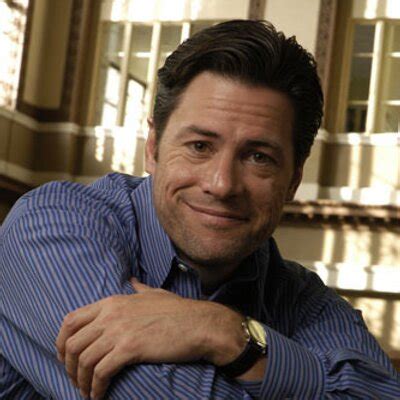A Quote by J. R. Moehringer
History is the narrative of people searching for a place to go.
Related Quotes
Searching for money, what are you really searching? You are searching power, you are searching strength. Searching for prestige, political authority, what are you searching? You are searching power, strength - and strength is all the time available just by the corner. You are searching in wrong places.
Love is not what you want, it is what you are. It is very important to not get these two confused. If you think that love is what you want, you will go searching for it all over the place. If you think love is what you are, you will go sharing it all over the place. The second approach will cause you to find what the searching will never reveal.
And in this game of life, we all search for ourselves. When I say selves, I mean ‘inner selves’, the thing that created the life in the first place. Now consciously, most of us are not aware of this. But if you’re searching for happiness; if you’re searching for tranquility; if you’re searching just to have a nice, peaceful, loving, understanding life... in actual fact, your searching for your inner self.
It is important to insist on the historical truthfulness of the narrative of the fall of Adam and Eve. Just as the account of the creation of Adam and Eve is tied in with the rest of the historical narrative in the book of Genesis, so also this account of the fall of man, which follows the history of man's creation, is presented by the author as straightforward, narrative history
If you go back far enough and get a wider enough picture of history, we have let go of many things that follow a religious narrative. We don't burn witches anymore. Most people would consider that barbaric. We don't sacrifice human beings, which was a religious act practiced by numerous cultures on this planet.






































